Many mid-market B2B firms have a discipline around Win-Loss Analysis. Approaches vary widely, but almost always, the impetus is based on a simple concept:
We need to learn more about what’s driving deal outcomes, e.g., “Why are we winning, and why are we losing?”
Typically, this is undertaken as a data exercise. Often the analytics are peeled from CRM data and are trained to look at factors such as industry, size, use case, deal amount, title of key prospect, current solution employed, competitors, etc. Often, there is a Sales Administrator tasked with these periodic reports. We see these reports being used in a variety of ways.
For sales leaders, learnings aid coaching around selling against key competitors. For marketers, messaging, digital strategies, brand, and product positioning. For product leaders, it’s roadmap planning and differentiation. In short, there’s something in it for every stakeholder group tasked with enhancing performance.
There is great potential for benefits to move the needle with sales results. In reality though, these efforts unfortunately fall far short in every case.
For companies selling complex software and services, this type of homegrown analysis will be cursory at best, and useless, at worst. The problem isn’t bad intentions or lack of diligence. The issue around close decisions that determine whether a sales effort becomes a ‘win’ or a ‘loss’ is that the model is far too complex to be built or analyzed around this kind of data. Add to that, even the most fastidious sales reps spend very little time populating the CRM to begin with, further exacerbating the issue.
The learning that does provide value for all stakeholder groups is one that is more contextual. It utilizes data, to be sure, but fundamentally, it’s built upon insights. Indeed, every significant sales opportunity, either new-logo or renewal, represents a multitude of things: a customer, revenues, a relationship, etc.
But it’s also something else: a story. The story is about the customer journey, about perception of the brand, the solution, the competitors, and the host of internal voices that influenced the decision-making process.
That’s why we advocate for a more in-depth interview process to conduct Win-Loss Analysis. And that’s why we have focused on this craft for the past 25 years. Not only does it require expertise to disarm the otherwise guarded customer (or failed prospect); it provides a level of candor and insights not available by any method the company can provide on its own.
This results from an unfortunate, but immutable aspect of human nature. Very few people are willing and able to offer candid feedback to someone who has worked hard to build a relationship with them, but now they have in-effect rejected.
In almost every case, it’s not anything personal; it’s a simple fact that for many such enterprise buying decisions, there are many influential voices that weigh in on the ultimate decision. The provider that has worked the hardest or the longest to win, sometimes gets edged out by a competitor who enters the picture late in the process but has now succeeded in casting a ‘re-framing’ of the ideal solution that lines up with their own, of course.
This is just one of a myriad of story lines that describe how final outcomes are determined. After conducting thousands of such interviews, we have certainly seen just about every variation on the theme.
And while there are many data points in most companies’ dealflow to conduct an earnest data analysis, we strongly advocate for this kind of wholistic approach that can reveal deep and meaningful insights. Relying too much on internally available data is a bit like missing the forest, in favor of the trees.
We enjoy talking about this qualitative approach with others who can benefit. Let us know how we can help.

